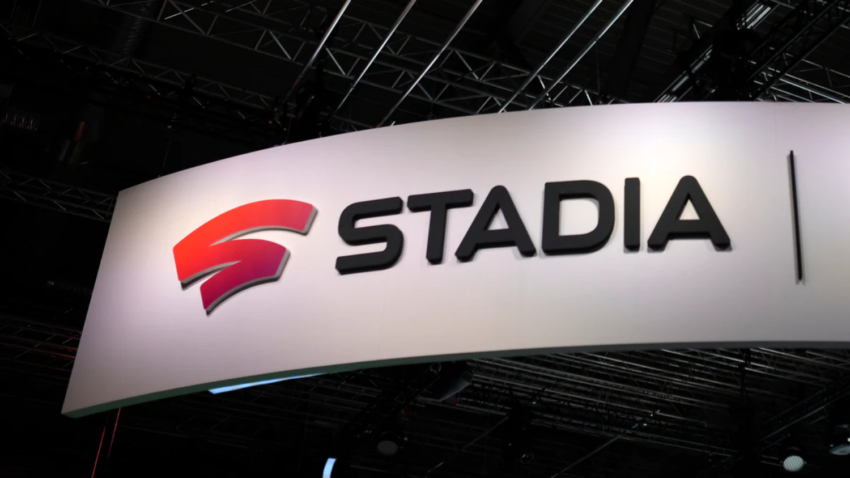Google announced on Thursday that it will be discontinuing Stadia, its cloud-based video game service introduced three years ago with the aim of providing console-quality gaming as effortlessly as accessing email. In a blog post, Google’s Vice President, Phil Harrison, stated, “It hasn’t gained the traction with users that we expected, so we’ve made the difficult decision to begin winding down our Stadia streaming service.”
Google has pledged to refund purchases of Stadia hardware, including controllers, and any game content acquired through its online store. Additionally, users will retain access to the service until January 18 of the following year.

Michael Pachter, an analyst at Wedbush Securities, described Stadia as having “a great idea and a bad business model,” particularly in its attempt to offer the service as a subscription without bundled games. In contrast, Microsoft, the maker of Xbox, has found success with its Game Pass service, which offers a wide selection of games, making it a more appealing choice for gamers. Game Pass boasts around 25 million subscribers, while Stadia has less than a million.
Microsoft, a formidable player in the cloud gaming arena, not only offers Xbox Game Pass but also has a substantial community of console and desktop players. The company also possesses a collection of video game studios and is leading the charge in allowing players to enjoy titles on internet-connected devices through cloud-based hosting.

Microsoft recently revealed plans to integrate Xbox game streaming into Samsung smart TVs as part of its cloud gaming strategy. According to Phil Spencer, Microsoft Gaming’s chief, this move aligns with their mission to bring the joy of gaming to a global audience.
Earlier this year, Microsoft made a significant splash by announcing its $69 billion acquisition of video game maker Activision Blizzard, marking the largest acquisition in the gaming industry’s history.
Amazon also entered the gaming industry by launching its Luna video game streaming service for the general public in the United States. Luna enables players to access games directly online without the need for a physical console, aligning with the industry’s shift toward cloud gaming. Luna competes with Microsoft, Sony (PlayStation), and Google’s Stadia in this rapidly evolving space.
